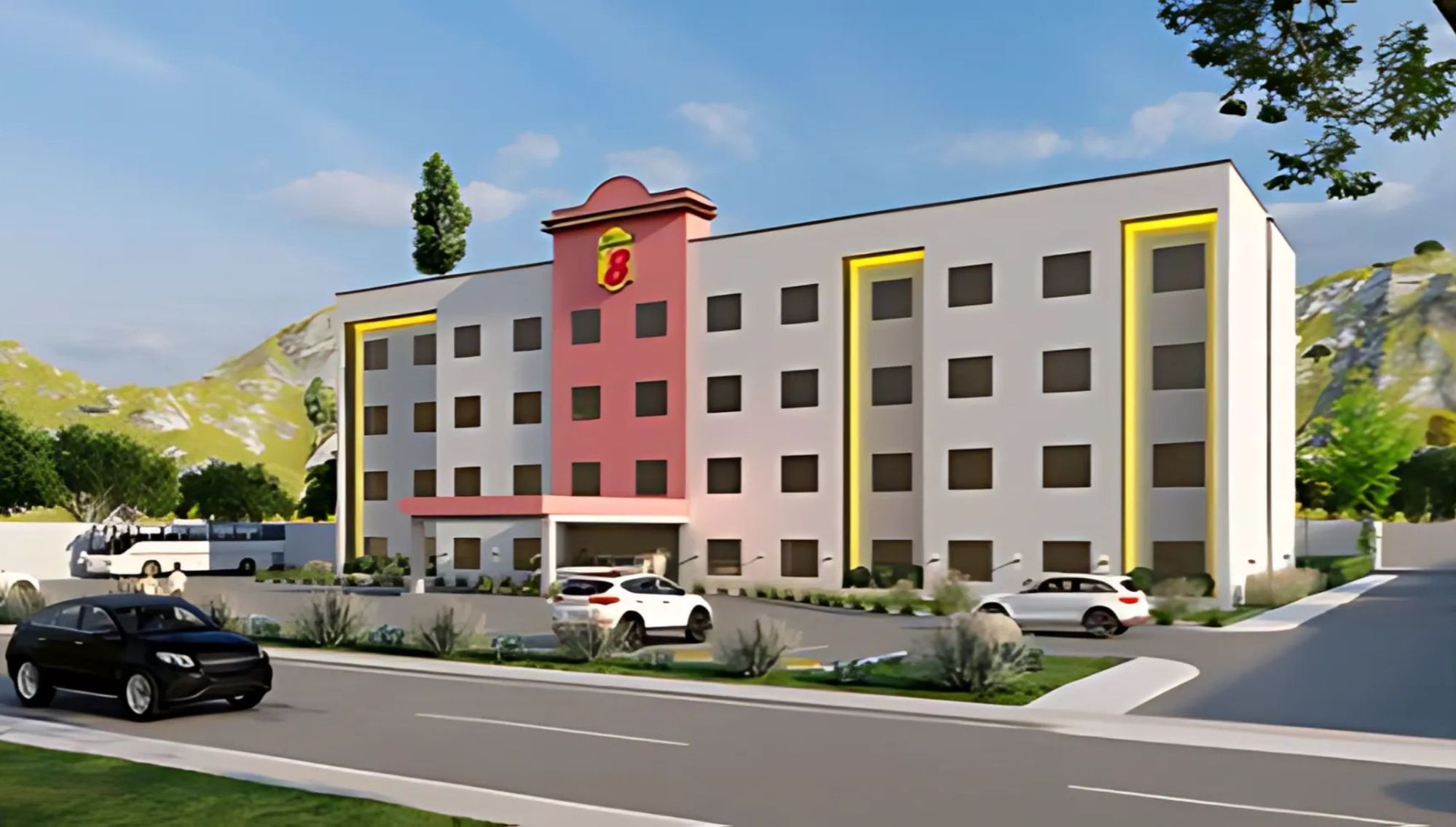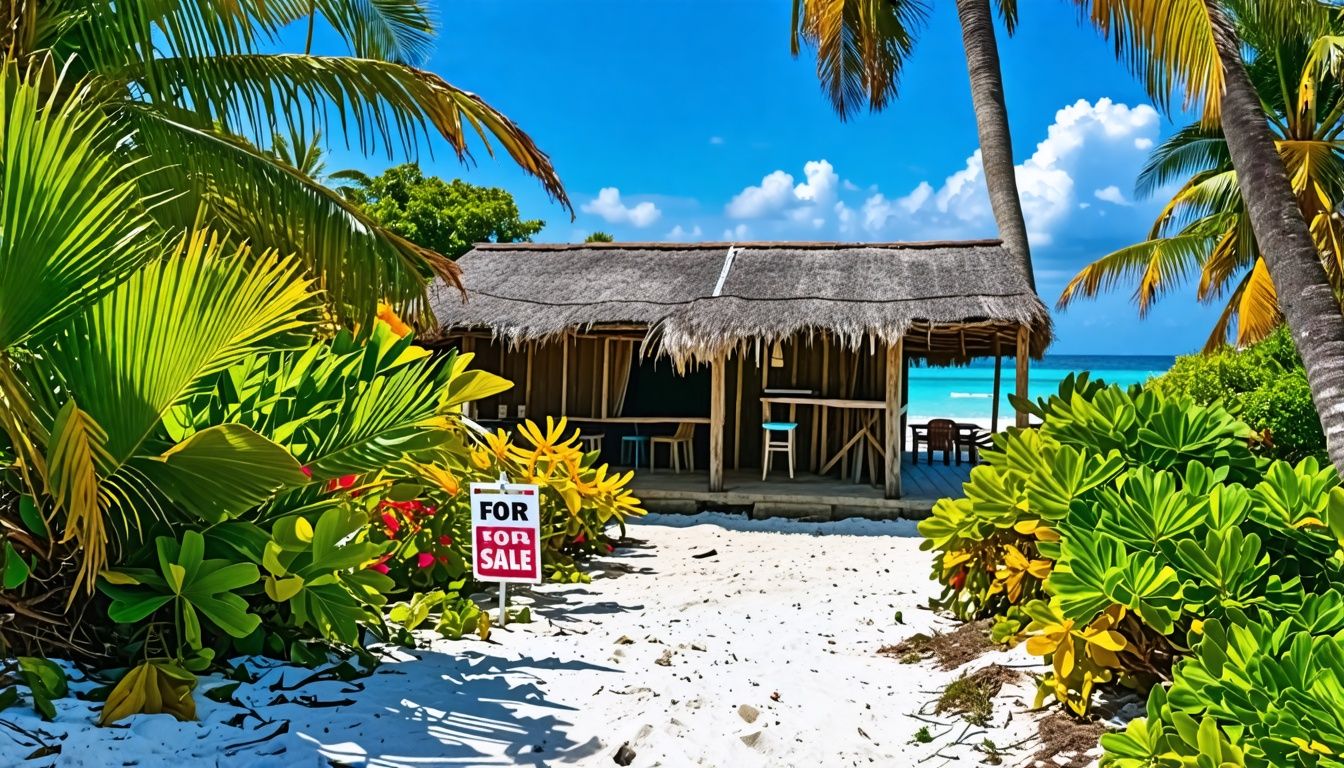THE AGENCY MAGAZINE
Your Mag to Real Estate and Everyday Life in the Dominican Republic
The Guide To Property insurance in the Dominican Republic
Property insurance in the Dominican Republic is a crucial aspect of real estate transactions and ownership. Understanding the legal considerations, environmental regulations, and tax implications is essential for both local and foreign investors. This article explores key aspects of property insura
Your Real Estate Advisors
Phone:+1(809) 224-1017
Leave a Message
"We're here to help: share your details for customized Real Estate advice! "





